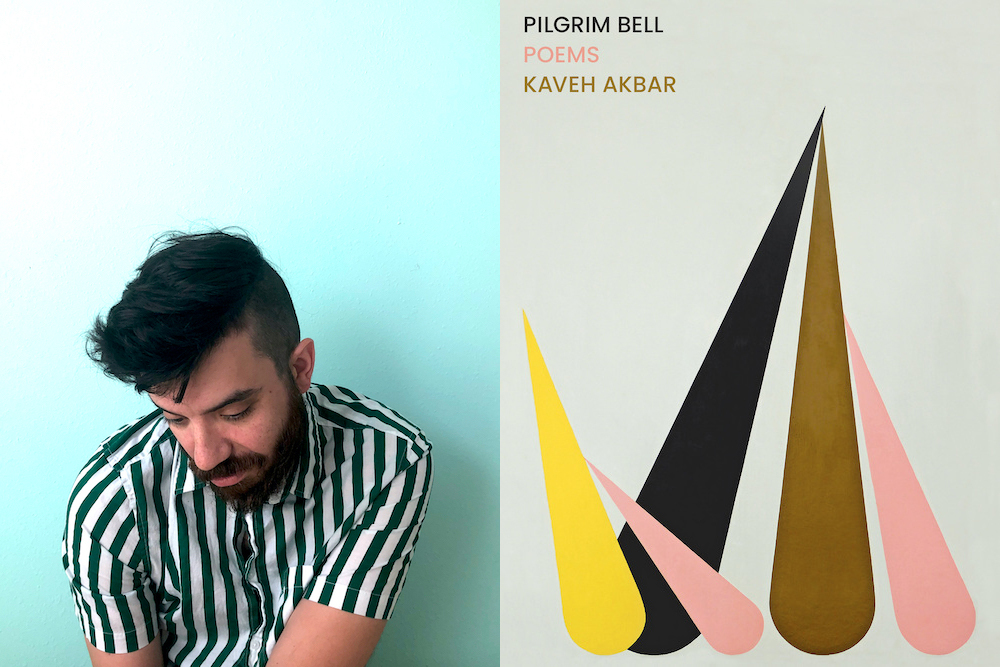Kaveh Akbar sat for an interview with The Paris Review while in residence at Civitella Ranieri. He discusses spirituality, addiction and recovery, his teaching practice, and his second collection, Pilgrim Bell. Read the interview here.
“Enthusiasm is at the heart of Kaveh Akbar’s literary endeavor. Since the publication of his 2017 debut collection, Calling a Wolf a Wolf, a hyperspeed, ultrasensory journey through addiction, recovery, and spirituality, he’s become one of the best-known poets in America, and that’s saying something in this moment when poetry is suddenly, somehow, cool. But before that, Akbar was already a tremendous presence—a prototypical online influencer, sharing pictures of pages from other poets’ books with his many followers, spreading the gospel far and wide. Calling a Wolf a Wolf was a phenomenon, reaching thousands of readers, many of whom discovered and fell in love with poetry through their feeds. Though Akbar has since left social media, he remains an advocate through his work as poetry editor of The Nation. When I spoke to him over Zoom, he was at an artists’ residency at Civitella, in Italy, and despite the distance and shaky internet connection, we gabbed about the life-or-death practice of poetry like the pair of gleeful nerds we are.
Akbar’s second collection, Pilgrim Bell, feels less frantic than his first, though no less intense. There’s lots of white space on the page, and the poems are often cut into short, staccato sections, sentence fragments that accrue emotional power but avoid straightforward narrative or confession. The poems deal with family, religion, love, the wreckage of Trump’s America, and daily life in the highly pressurized environment of the past few years. They feel profoundly intimate to me, as if they seek to reclaim the nuanced language of inner life from all the public noise that threatens it. Reading Akbar’s work and talking with him was a welcome reminder that this art form is soul-sustaining and worth building a life around.“
